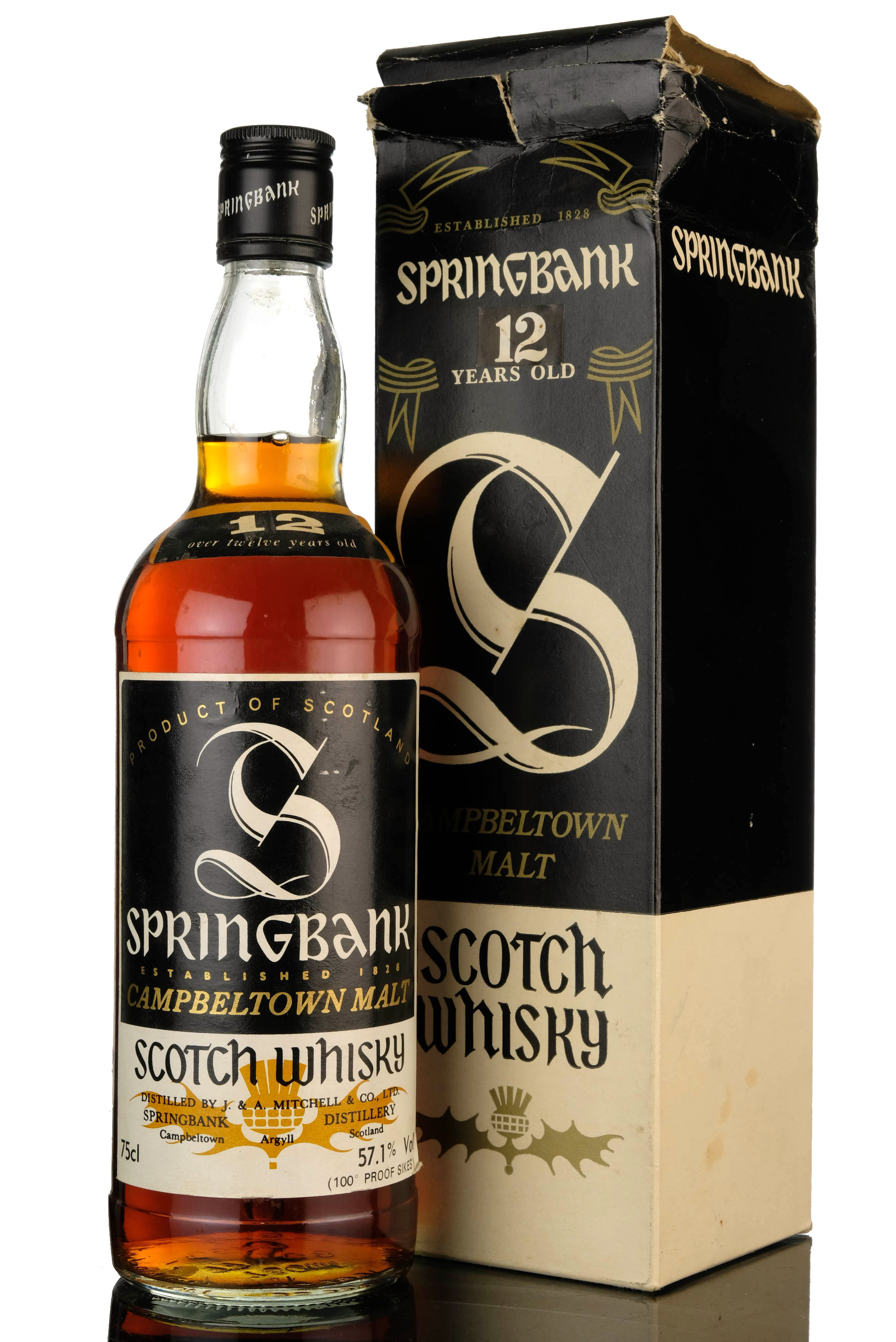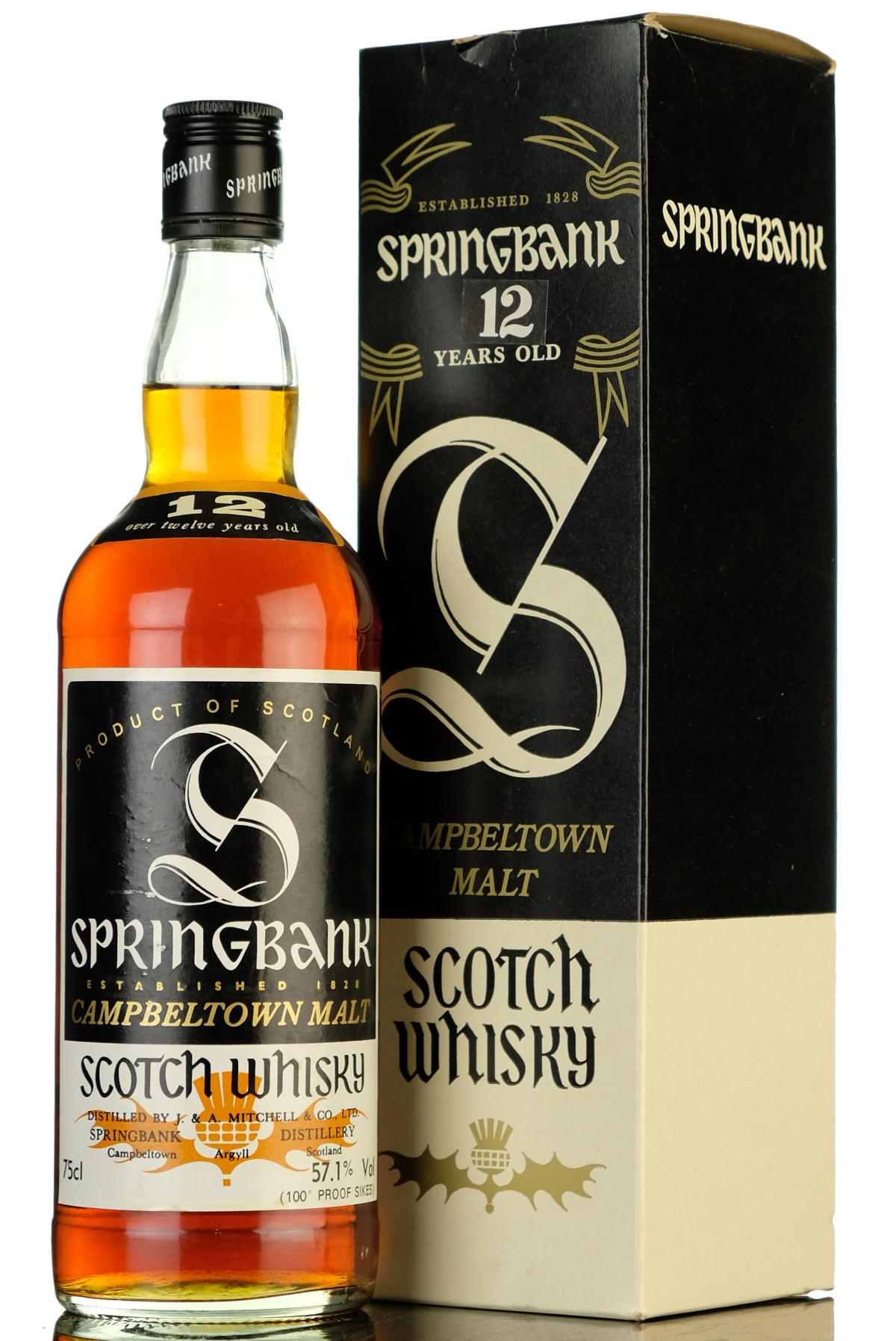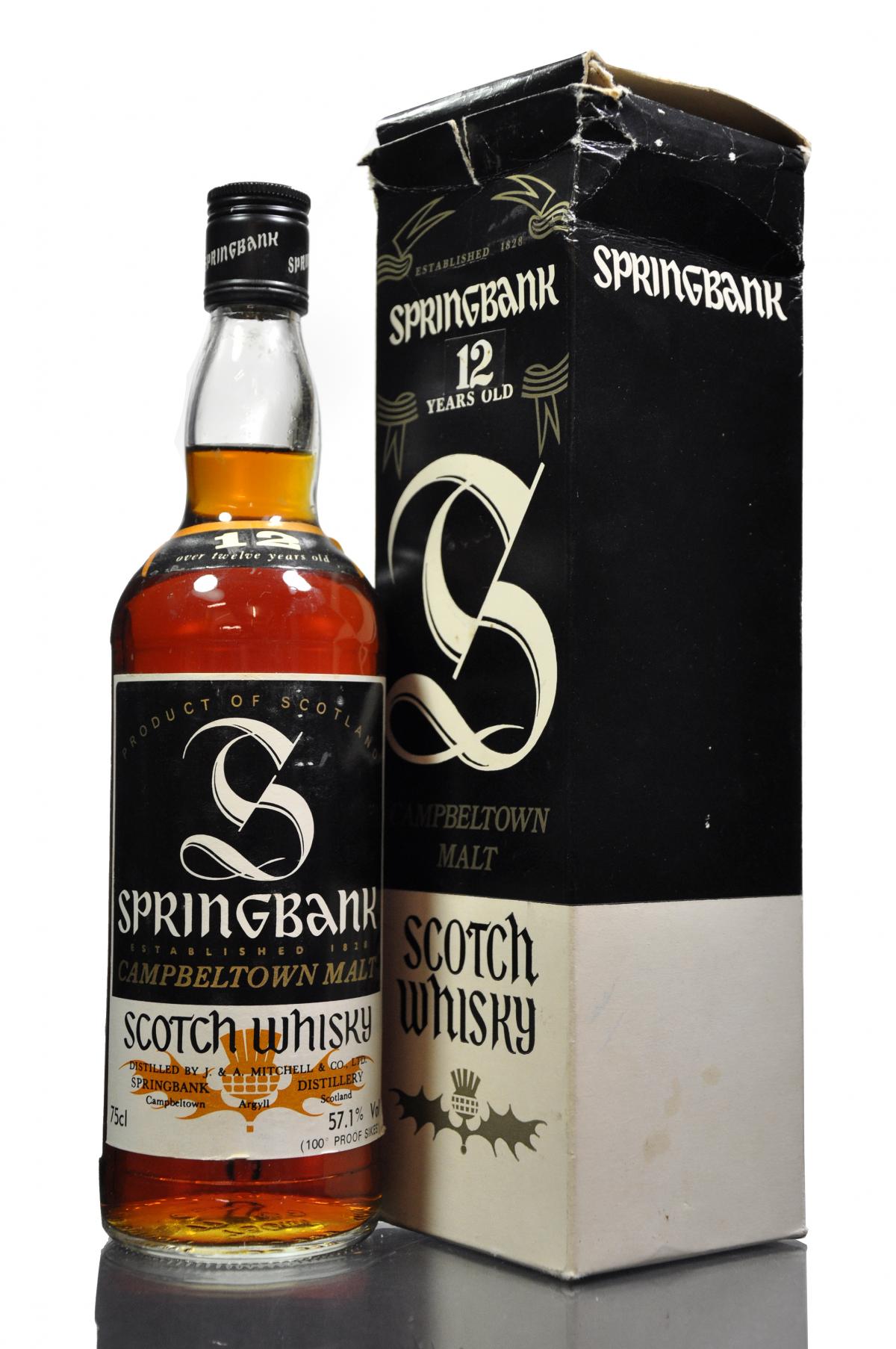Total Lots Sold:
3
View Lots
Do you have this bottle for sale?
SELL IT TODAYHAMMER PRICE OVER TIME
This graph displays data solely from Whisky-Online Auctions past sales history. Please note the filling level of the liquid and the condition of an item can affect the price negatively, so please check individual Lot sales below if there's a sudden dip in the graph.
HAVE ONE FOR SALE?
Submit your details along with an image and a description of your bottle. We'll then be in touch with the best way to proceed.
WHY SELL WITH WHISKY-ONLINE AUCTIONS?
0% Sellers Commission
Free Collections Available
Over 30 Years In The Whisky Industry
Over 1,700 Five Star Trustpilot Reviews
We Sell The Rarest Whiskies Ever Bottled
Global Buying Audience Including Far East Buyers
Bespoke Auction Platform
Thousands Of Active Bidders
Large Database Of Newsletter Subscribers
Over 36k Social Media Followers
Springbank 12 Year Old - Sherry Cask - 1980s - 100 Proof
Springbank 12 Year Old. Sherry Cask. Bottled 1980. 75cl. 57.1%.
A very rare UK variant of early 1980s Springbank 12-year-old 100-Proof bearing a back label ‘Matured in Sherry Wood’. This bottling is often rumoured to be a UK version of the legendary Samaroli sherried Springbank 12-year-old edition as the front label is exactly the same and the strength is 57.1% rather than Springbank’s more usual 57%. Either way, this sherry-matured 12-year-old 100-Proof will have been distilled in the late 1960s or early 1970s, a golden era for the distillery.
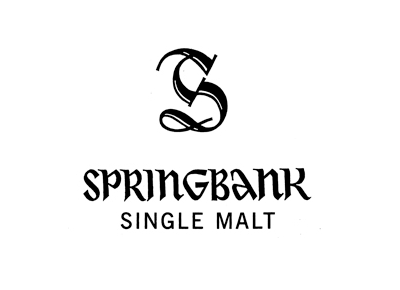
Springbank is one of the giants of the Scotch whisky world, an independently-owned distillery dedicated to preserving the traditional methods of distillation. For a long time Springbank was flying the flag for Campbeltown whisky almost alone but the distillery’s fortunes have improved since the 1990s, and in 2000 Springbank expanded their operations with the purchase and subsequent reconstruction of the Glengyle distillery, home of Kilkerran.
The Springbank distillery produces three distinct single malt whiskies, with the regular lightly-peated Springbank malt complemented by the heavily-peated Longrow and the unpeated, triple-distilled Hazelburn. Of these secondary malts, Longrow has a longer history and more passionate fanbase, with the 1973/74 vintages in particular attracting eye-catching prices at auction. The standard Springbank spirit remains one of Scotland’s greatest whiskies, and auction prices for old bottles continue to rise.
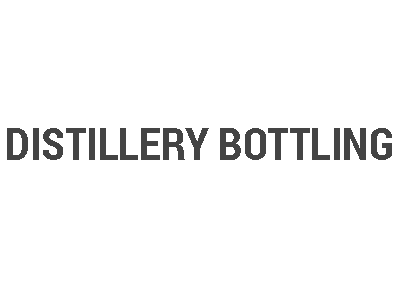
Distillery bottlings are, as the name suggests, bottled by or for the distillery from which the whisky has originated and are thus often referred to as Official Bottlings or OBs. Distillery bottlings are generally more desirable for collectors and usually fetch higher prices at auction than independent bottlings. They are officially-endorsed versions of the whisky from a particular distillery and are therefore considered the truest expression of the distillery’s character.
This ideal of the distillery character is regarded so seriously by the distilleries and brand owners that casks of whisky that are considered to vary too far from the archetype are frequently sold on to whisky brokers and independent bottlers. When this happens, it is often with the proviso that the distillery’s name is not allowed to be used when the cask is bottled for fear of diminishing or damaging the distillery’s character and status.


